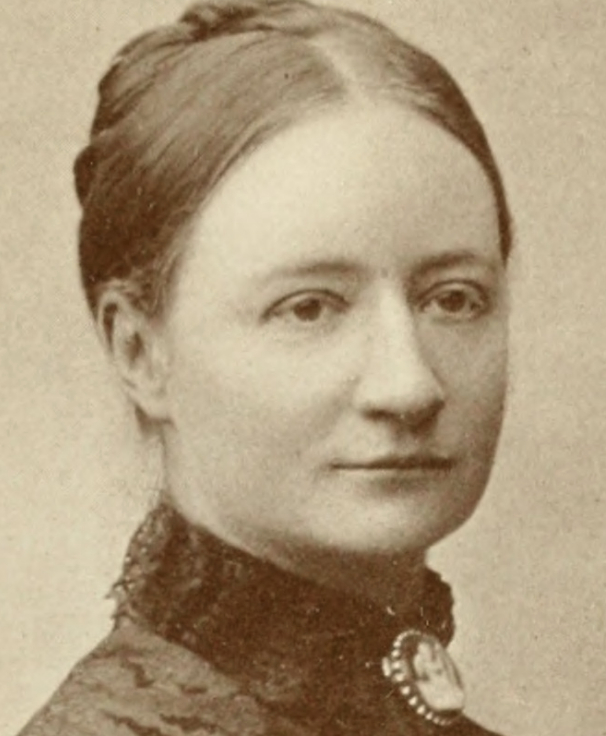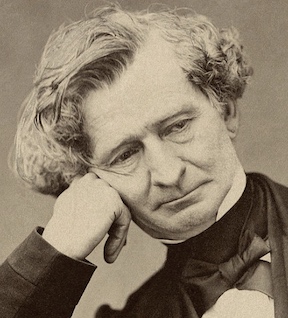December 11
Ellen Key

On this date in 1849, author and social critic Ellen Karolina Sofia Key was born in Småland, Sweden. Her father was Emil Key, the founder of the Swedish Agrarian Party, and her mother was Sophie Posse Key, who was born into an aristocratic family. Key was mostly educated at home, where her mother taught her grammar and arithmetic and her foreign-born governess taught her foreign languages.
Key taught for two decades in Stockholm and wrote 30 books, seven of which were translated into English. Her best known include Love and Marriage (1911, reprinted with critical and biographical notes by Havelock Ellis, 1931), The Century of the Child (1900) and The Woman Movement (1912). Although Key’s progressive views on state child support influenced Scandinavian social legislation, she was not so progressive on women’s issues and opposed mothers entering the workforce.
Described by freethought historian Joseph McCabe as a “Monist,” Key believed “the myths of the Bible” should not be weighted in instruction of children any more than the “Scandinavian story of creation or the Greek legends of the gods.” (The Century of the Child.) Monism has been defined as types of philosophical thought which try to eliminate the dichotomy of body and mind and explain all phenomena by one unifying principle.
She died in Sweden at age 76. (D. 1926)
PHOTO: Key at age 36 in 1885.
“But the most dangerous of all educational mistakes in influencing humanity is due to the fact that children are now taught the Old Testament account of the world as absolute truth, although it wholly contradicts their physical and historical instruction.”
— Key, "The Century of the Child" (1900)
Hector Berlioz

On this date in 1803, musical composer Hector Berlioz was born in Dauphine, France. His mother was a devout Catholic. His physician father, an agnostic, expected Hector, who had a musical affinity, to follow in his footsteps. Repelled by the crude medicine of his day, he turned from medical studies to music when his cantata won a Conservatoire prize. He was awarded the Prix de Rome in 1830. The passionate composer was highly influenced by Shakespeare, writing three major works on Shakespearean themes.
He married actress Harriet Smithson. Now considered the father of French Romanticism, Berlioz was discouraged by French critics at the time, despite major compositions such as Symphonie fantastique (1830), Harold en Italie, Romeo and Juliette and overtures to King Lear and Rob Roy. In fact, his works were so original and sweeping that many regarded Berlioz as a musical lunatic. He was forced to become a music critic to support himself. Gradually, Berlioz found his recognition abroad and toured throughout the 1840s and 1850s. While not hostile toward religion, Berlioz had no religious affiliation and was widely known as an agnostic.
He died at home in Paris at age 69. (D. 1869)
PHOTO: Berlioz in 1863.
“I believe nothing.”
— From a Berlioz letter cited in G. K. Boult's "Life of Berlioz" (1903)
